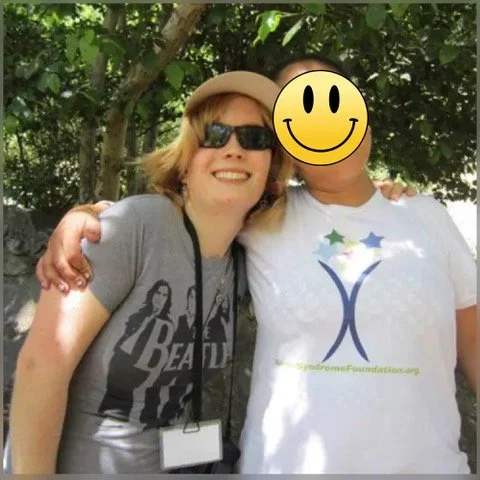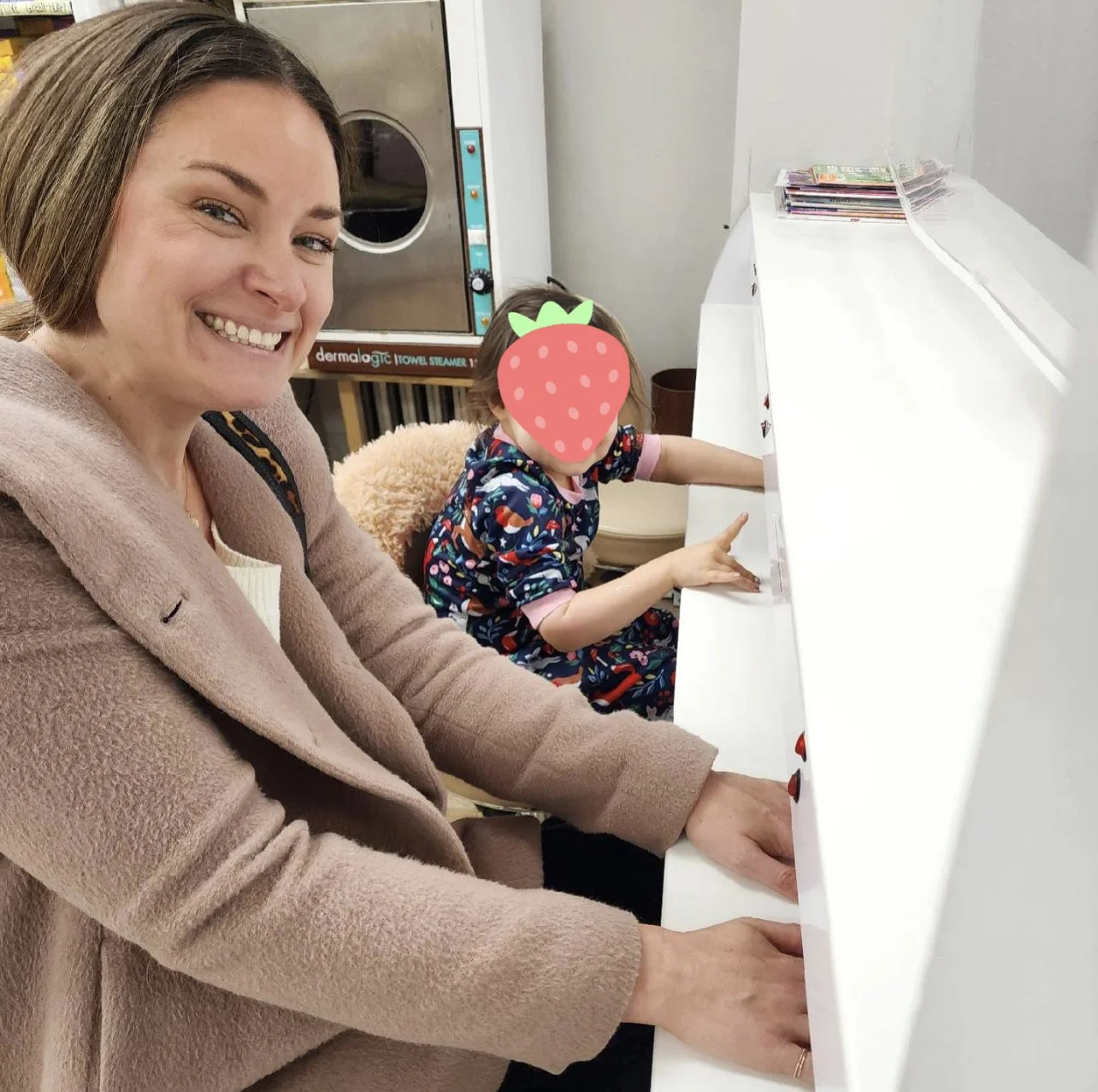Into the Rare Disease Woods
In honor of Rare Disease Day (which was this past Tuesday), I am highlighting the story of a fellow rare disease zebra: Fiona Wilson, who was born with Turner Syndrome. I will let her explain the disorder because she does so beautifully – which is exactly what drew me to her story (also the musical theater metaphors because hi, it’s me).
Rare diseases can be so very isolating because they are, by definition, rare. It makes finding a community that understands imperative. During Adelaide’s life I desperately searched for a diagnosis so that I could find this community. We never discovered her diagnosis, but I did find communities: in those with epilepsy, mast cell activation, tubies, oxygen dependent, neurodegenerative and in the grander rare and undiagnosed communities. Fiona’s diagnosis may be rare, but her experience is far from it. And her lessons are universal. Just ask Stephen Sondheim (“Alexa: play ‘You Are Not Alone’ from Into the Woods”).
*****
The simplest way to describe myself is like a tic-tac-toe board. At least, genetically speaking. Where there would typically be two X chromosomes in a biologically female person like me, I have one. This genotype is sometimes referred to as 45XO*, and the resulting condition is known as Turner Syndrome. Like many syndromes, it comes with a menu of potential symptoms and comorbidities rivaled only by the likes of The Cheesecake Factory. But more on the house specialties later.
To explain my journey with TS (as it is referred to within the community), I will be turning to the work of the late, great Stephen Sondheim, specifically the musical Into the Woods. If you are unfamiliar with the show, it is essentially a fractured fairy tale in which a medley of characters from well-known tales (Cinderella, Little Red Riding Hood, Jack of beanstock fame) along with some original characters, journey into the nearby woods each with a task or wish to fulfill.
One feature of TS yet to be explained by science is that almost all of us with the condition are musical theatre nerds. Therefore, our gatherings are basically extended musical theatre karaoke sessions, no backing track or on-screen lyrics needed. I first witnessed this phenomenon at The National Turner Syndrome Camp, a camp for pre-teens and teens with TS, when I was in 7th grade. Prior to attending camp, I would liken myself to the characters of Into the Woods, but before they entered the woods. I had a wish, and that wish was to be normal. I would have begged, borrowed, or stolen, just like Jack did the golden egg, if it meant I could be taller (TS leads to short stature), untangle the mental knot snarled by each math homework problem (TS is associated with Non-Verbal Learning Disability, which impairs spatial perception), or yes, like the Baker and his wife, be able to have a child (virtually all with a classic TS diagnosis are infertile).
When I arrived at camp, my wish was in fact granted. Albeit, not in the way I expected. I did not magically grow three inches or accurately measure angles, but I did in fact feel normal. Because I was no longer one of a kind. I wasn’t the one kid sneaking off to take my meds at a sleepover, or wondering if my heart surgery scar would be noticed when I put on a bathing suit for swim time.
I attended camp for five summers, and just this year returned as a counselor. And every year when I got on the plane home, I left newly aware that even though I might be headed back into the woods of school, I was not alone among the trees.
Often, in online TS community groups, I read messages from expectant parents, other family members, or those who have been newly diagnosed asking what it means to live with this condition, and how to cope with it. My advice to them would be two-fold.
First, in addition to The Cheesecake Factory menu of potential complications and linked conditions there is also a secret menu. This is the list of positive experiences, skills, and perspectives that you or your loved one might have - not despite of but - because they have Turner Syndrome. This list includes the friendships they will have the opportunity to build with those in the community, enhanced verbal skills that could lead them to become a gifted speaker, performer, or writer, and some well-defined empathy muscles that could make them an impactful medical care provider or teacher (two common careers among those with TS).
Second, when you are in the woods, an expert such as a botanist can of course be helpful in, say, identifying what kind of woodland flora you are dealing with. But what you really need when you’re lost is someone who either knows their way around or can at least look for a path with you. Seek out community. Be open to building your “normal” (whatever that even means) a different way. And on the lonely days when light just can't break through the canopy above, remember - you are not alone.
*45XO is what is considered a “classic” TS genotype, which leads to a female phenotype (physical characteristics). There are variations where part of the second sex chromosome is present, including a more recently included presentation where a partial Y chromosome leads to a male phenotype.



